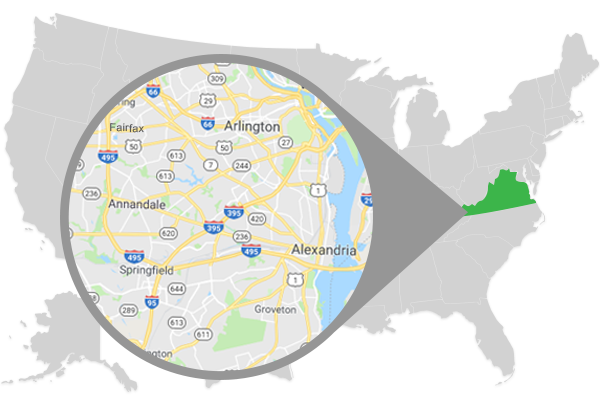Here are some facts about raccoons, and the top 3 reasons to get rid of them as soon as possible.
1. Raccoon can become aggressive
Raccoons are nocturnal; they sleep all day and wander about at night. Occasionally when a raccoon becomes diseased or rabid, their behavior changes. Generally, raccoons are known to be timid and shy. Even though it’s not unheard of to see a normal raccoon awake during the day, its best to err on the side of safety.
If you spot a raccoon wandering about during the day keep your distance and observe its behavior. If the raccoon is sluggish, walking irregularly or if it seems aggressive towards other creatures, it could be safe to assume that it is rabid. Normal raccoons are generally docile and will scamper away at the first sign of danger. Sometimes they will posture as if they’re going to attack, but usually, it’s a defense mechanism. At an average of 30 pounds, rabid raccoons have been known to attack and even kill cats and small dogs. It’s always best to be safe rather than sorry. Keep your distance, observe the animal and keep your pets safely inside.
2. Raccoons can carry diseases from garbage
Most wildlife carries their share of diseases, but even still, they’re often not too dangerous or infectious. Raccoons are a little different. Raccoons can carry their fair share of terrible diseases; if you or a pet find yourself in a brawl with a raccoon (especially if you spot cuts or scrapes) be sure to get yourself to a hospital and cleared for:
- Raccoons can carry rabies
My mother used to tell me that if you contract rabies, you have to get 20 shots in the stomach. I don’t know how true all of that is, but what is true is that rabies is almost always fatal if left untreated. What makes this especially dangerous is that this viral disease has a 2 to 4 week incubation period before you begin noticing its effects. It’s important to understand that you can contract rabies by getting bit, scratched or by coming into contact with a raccoon’s saliva. I really can’t stress enough to keep your distance!
- Raccoons can carry ringworm
Raccoon feces can carry ringworm. The eggs are light enough to be carried by air, which is then breathed in by humans who then become infected.
- Raccoons can carry salmonella
Raccoons are known to carry salmonella bacteria which is easily transmitted to humans. People can contract salmonella as they breathe, or as they touch their faces and mouths with hands that have touched infected surfaces.
3. Raccoons are destructive
If there’s someone who loves your garden as much as you do, it’s your local raccoon. These guys won’t hesitate to destroy your garden and dig up your plants for food. They also enjoy digging through gardens to find bugs that they can eat. A raccoon that has grown accustomed to your yard may eventually decide to venture into the home. Heaven forbids that a raccoon enters the house. The damage that one raccoon inside can do is astronomical. From the damage and contamination that their feces and urine can create inside to the ripped-up insulation and wires can all add up to thousands upon thousands of dollars in repairs.
If you see an option, the safest option is to keep your distance and call your local pest control specialist. At Summit Environmental Solutions, we’ve been safely and humanely removing raccoons from our neighborhoods for years. Give us a call at 703-520-5868 if you have a trash panda that needs evicting.




